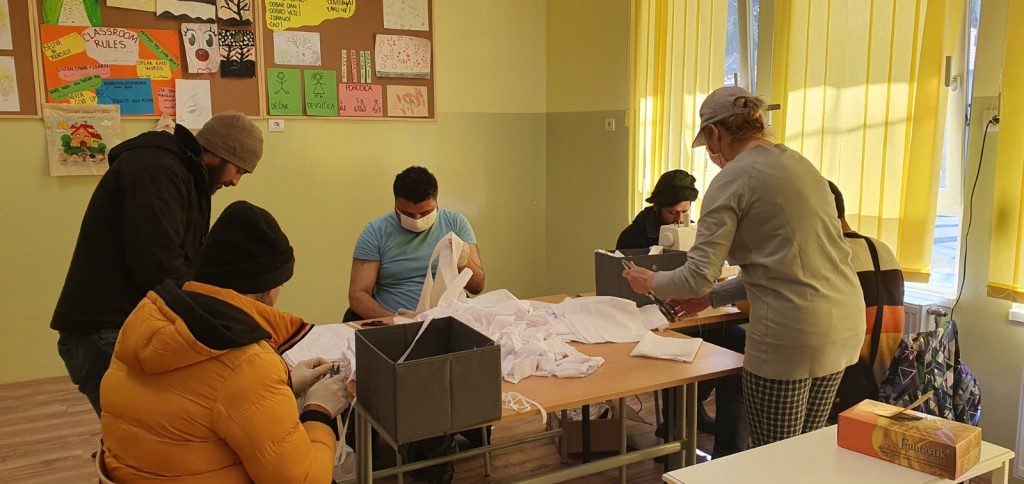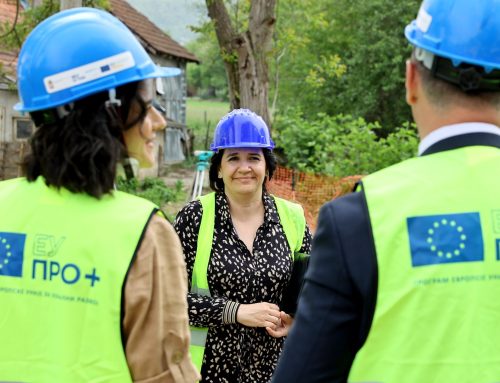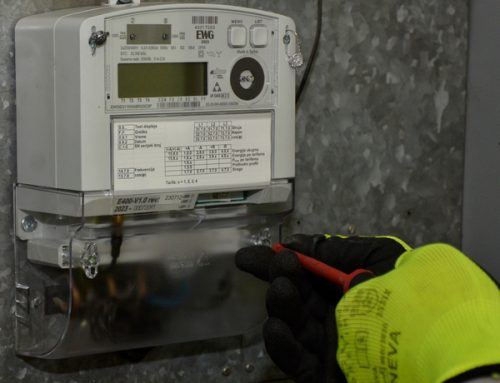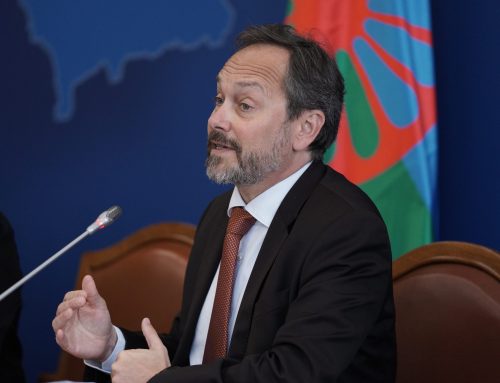Solidarity is the key to our fight against the pandemic, but also in many other emergencies.
Let`s recall the worst floods since rainfall measurements began – May 2014 in Serbia and the moment when dozens of schools and sport centres were turned into shelters. Migrants accommodated at the time in Hotel Obrenovac helped evacuate the elderly from that Belgrade municipality. In addition, migrants volunteered in Sabac and assisted local service providers to pile sandbags to protect the banks of the Sava river.
Recognizing once again that we all face the same problems together, migrants and refugees offered their help in the fight against COVID-19 pandemic. So, they sent a letter to the Serbian government offering their help and noting that among them there were people with a medical background, but also those who could work on street disinfection, for example.
In the reception centres in Bujanovac, and Adasevci, and asylum centre in Krnjaca, whose functioning is assisted by the European Union, migrants sew protective masks for Serbian public service workers. According to representatives from the Commissariat for Refugees and Migration, migrants sew cotton masks that can be washed and reused. In the reception centre in Bujanovac, about 40 such protective masks are sewn daily.
Migrants say the virus does not differentiate between citizens and refugees:
For humankind, we stand side by side in the common fight against the coronavirus, the letter sent to the Serbian government says.
The reception and asylum centres where migrants are housed are equipped and have functioned with the assistance of the European Union. The EU is the largest donor in Serbia in migration management. Since 2015, with the increased mixed migration flows to Serbia, the EU has donated more than EUR 117 million worth of assistance to state institutions, local self-governments, international and civil society organisations and other beneficiaries.
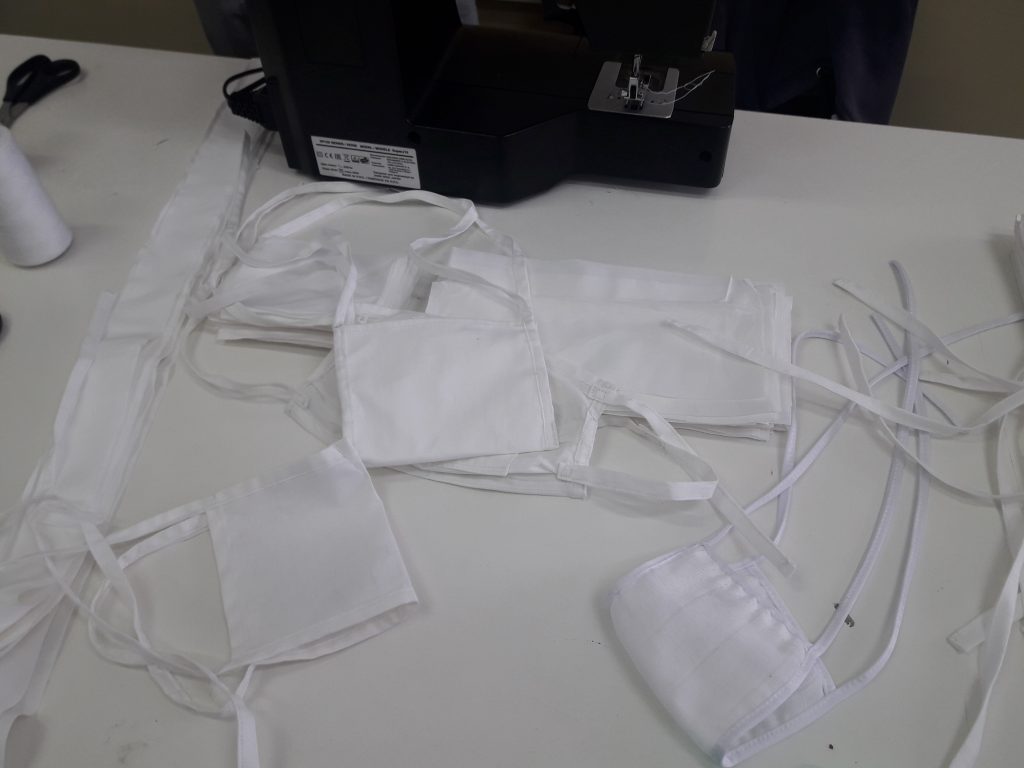
Photo: Komesarijat za izbeglice i migracije/Commissariat for Refugees and Migration Republic of Serbia
From the onset of the increased influx of migrants to Serbia, the EU has supported the functioning of reception centres. Food, running costs of the centres, transport to schools, health care services and staff are also funded with EU assistance.
- 20 reception and asylum centers for migrants and asylum seekers, the functioning of which is supported by the EU;
- 8,899 – number of currently accommodated migrants and asylum seekers;
- 617 unaccompanied minors are currently in the reception/asylum centers and 46 in centers for protection of infants, children and youth;
- 180 migrant children enrolled in primary schools and 25 in kindergartens in the 2019/20 school year;
- more than 120 interactive experience-sharing days and workshops with migrant population from all reception/asylum centres organized over the course of 2018 and beginning of 2019;
- 14 ambulances/vehicles purchased for the primary health care centres;
- 5 waste management vehicles delivered;
- 12 infrastructural upgrades (Subotica, Belgrade, Lajkovac, Dimitrovgrad, Pirot…).
Furthermore, the EU works together with national authorities in improving migration management capacities, namely with the Commissariat for Refugees and Migration to establish the system for managing accommodation capacities in line with international and EU standards.


